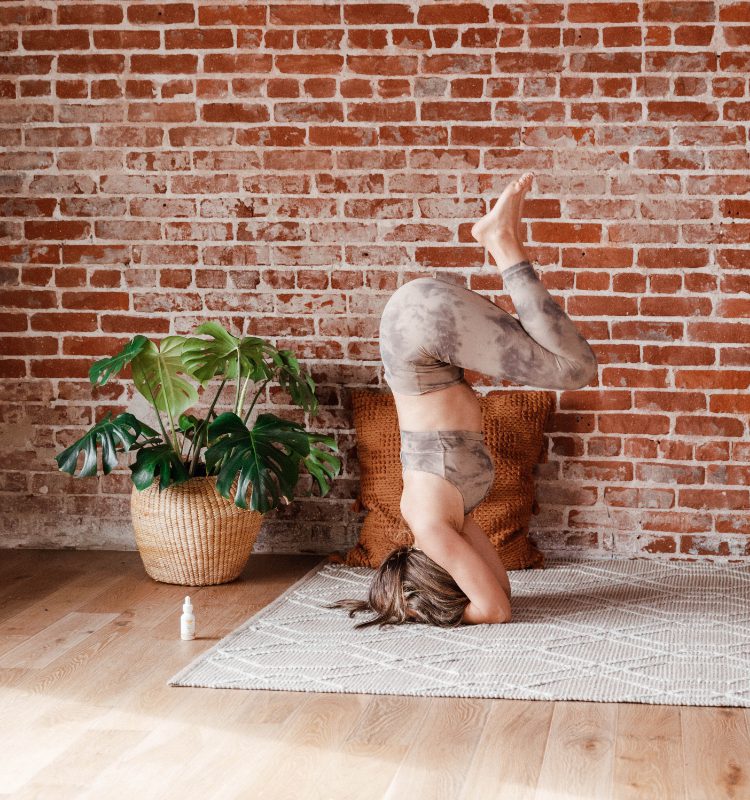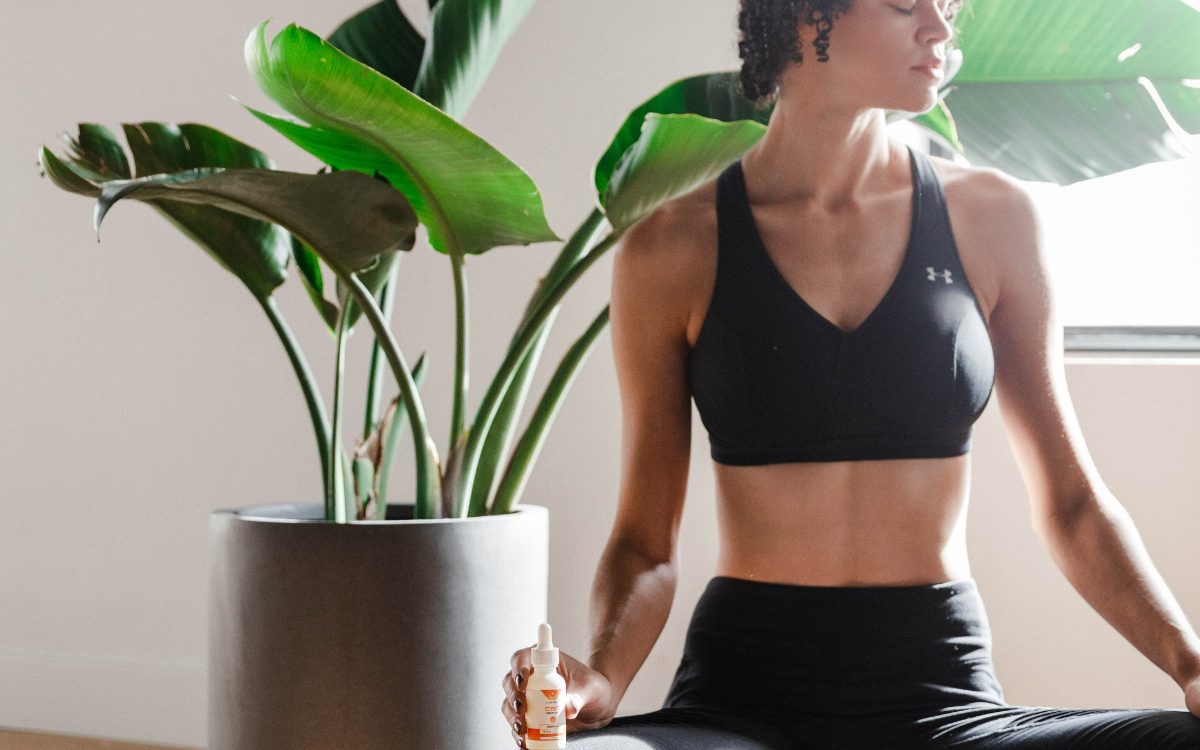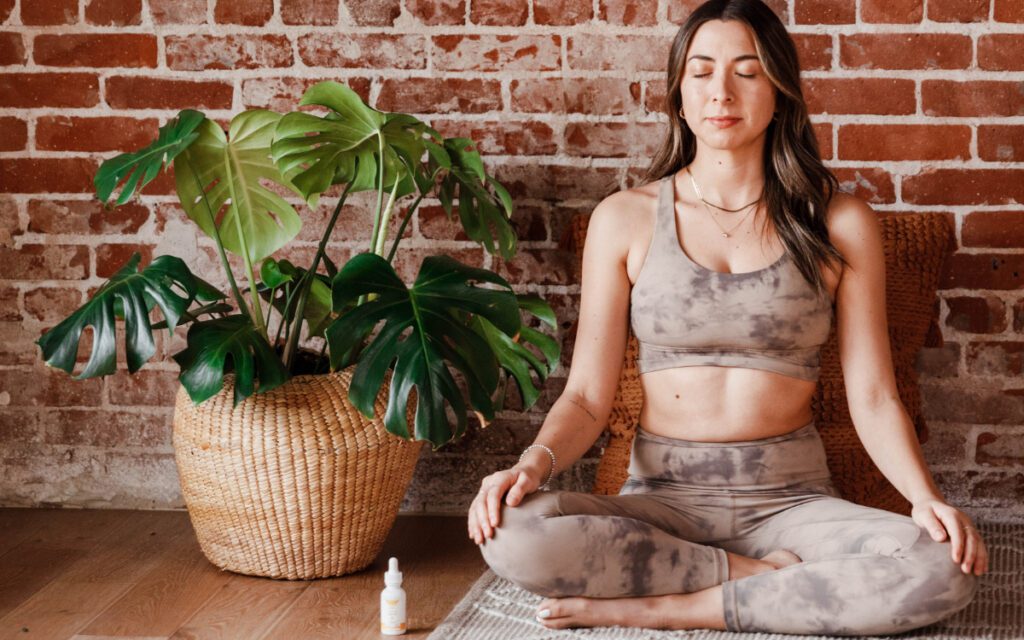Plants are indeed vital to human existence. We rely on them for water, food, medicine, the air we breathe, habitat, our climate, and more. Not just that, nothing adds more beauty and comfort to our homes and offices than the sight of vibrant flowering pots or lush green plants. Multiple studies also prove that there are many health benefits of growing indoor plants.
Reduce Stress
A 2015 study published in the Journal of Physiological Anthropology concluded that having and caring for plants could reduce both physiological and psychological stress. Active interaction with plants like planting can help manage daily stress and anxiety. One of the reasons is that soil contains microbes also called “outdoorphins”. These outdoorphins work as natural antidepressants because they release cytokines that help the brain produce more serotonin. This boosts the mood and gives the feeling of happiness.
The study also suggests that plants confer positive changes in the brain’s electrical activity, muscle tension, and heart activity. This is why it’s very likely that we feel more relaxed and calm when we are with nature or near our houseplants.
Improve Air Quality
Did you know that the air indoors can be more polluted than the outdoor air? And because people spend more time staying inside their homes and offices, risks to health are much greater.
According to a NASA study, certain houseplants are exceptionally good at cleansing the air. They can remove harmful gases such as benzene, formaldehyde, and trichloroethylene. Some of the plants that NASA recommends are English ivy (Hedera helix), aloe vera (Aloe barbadensis), spider plant (Chlorophytum comosum), and spider plant (Chlorophytum comosum), and snake plant or mother-in-law’s tongue (Sansevieria trifasciata).

Houseplants also improve indoor air quality by adding oxygen and humidity to the air. In addition, researchers at Virginia Tech found that houseplants can reduce indoor dust by up to 20%.
Aid cognitive health
People experiencing symptoms of mental illness may find relief from indoor gardening. That is why some therapists use gardening to help treat depression, schizophrenia, and other psychiatric conditions.
Horticultural therapy, in particular, is a professional practice that aims to help improve mental and physical health with the use of plants and gardening. HT has been widely recognized as an effective form of therapy since the ancient Egyptian era.
Help increase productivity
House plants are great brain boosters! A study conducted by researchers at Exeter University in the UK found that allowing staff to be surrounded by plants while working in their office resulted in increased well-being by 47%, increased creativity by 45%, and increased productivity by 38%. Additionally, being in close proximity to plants can increase memory retention by up to 20%. So keeping indoor plants in your office can help you do very well at work.
Support restful sleep
During sleep, people’s oxygen levels in the blood are lower. This is because of the mildly reduced level of breathing. But in some cases, sudden drops in blood oxygen levels happen while sleeping. This can heighten blood pressure and put stress on the cardiovascular system.
Plants help support restful sleep by taking in carbon dioxide and giving off oxygen. Some plants like gerbera daisies, keep giving off oxygen even after the sun goes down. So putting a few charming pots in your bedroom may help you sleep more soundly.
Reinforce healing
Being around plants can help you feel more relaxed and heal faster from injuries. In fact, according to Kansas State University, potted plants and flowers can be a “noninvasive, inexpensive, and effective complementary medicine for surgical patients.” This is after they conducted a study and found out the health benefits of growing indoor plants on patients. So health care facilities need to consider the use of plants and flowers to enhance healing environments for patients.
Conclusion
According to research, we spend more than 85 percent of our lives indoors. And due to the pandemic, many of us have spent and are still spending more time at home. This only means less time staying outdoors and being with nature. So adding a little green to your space is an easy way to still be connected with nature and enjoy all of its health benefits.





